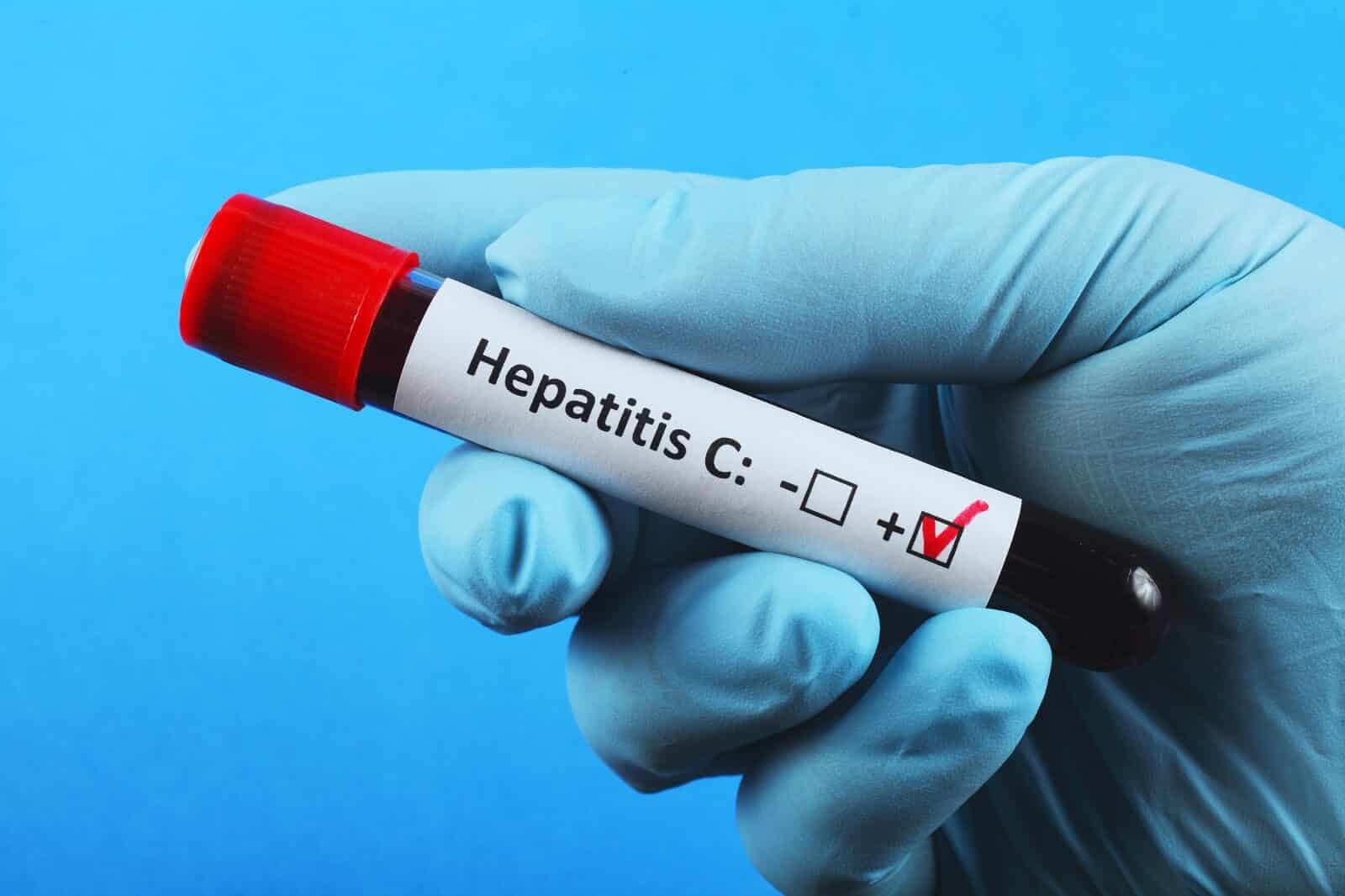Viral hepatitis C has been the most common disease among people living with HIV for many years. For example, 20 years ago, HIV and hepatitis C virus (HCV) co-infection rates reached 55% in some groups. The advent of direct-acting antivirals (DAAs) in 2015 allows us today to say that the above-mentioned liver diseases in HIV-infected patients have been almost completely eliminated. In view of this new situation, the SEIMC (Spanish Society of Infectious Diseases and Clinical Microbiology) AIDS Research Group Gesida recommends a more detailed follow-up of these patients.
This issue is included in their document “Management of liver disease in HIV-infected patients”, which also focuses on other hepatitis. Since 2009, Gesida has been preparing consensus documents on the surveillance and treatment of viral hepatitis in people living with HIV, the last two of which were conducted in collaboration with the Spanish Association for the Study of the Liver (AEEH) and focused on the therapeutic use of direct-acting antiviral drugs Treatment of hepatitis C, but not other liver pathologies.
Therefore, this update of the consensus document on liver disease care for people living with HIV is significantly different from previous consensus documents. The study, carried out in collaboration with GEHEP (Group for Viral Hepatitis Research), focuses on the post-cure era of chronic hepatitis C, updating recommendations for the most prevalent chronic liver disease in the coming years, in which maximum efforts must be made to prevent, diagnose and treat Work.
“The implementation of direct-acting antivirals (DAAs) almost allows us today to talk about eliminating hepatitis C among people living with HIV. Given the changes this major event brings to liver care for people living with HIV, at Gesida we believe It is very necessary to have a document that addresses liver disease from any cause and helps to focus on new situations, explains María Luisa Montes of the University Hospital of La Paz in Madrid, coordinator of this document on the management of liver disease One of the members.
Currently, as chronic infection with hepatitis C virus (HCV) has been basically eliminated, HIV-infected patients still have residual chronic liver disease. However, continued monitoring of patients is necessary. “While the vast majority of people experience dramatic improvement after treatment, those with more severe liver disease or other causes of liver damage may develop complications. This is of particular concern in the document,” Monte Dr. Si introduced in detail. Therefore, one of the new features of this document is the inclusion of a specific chapter on post-hepatitis C treatment follow-up in people living with HIV with advanced fibrosis and cirrhosis.
The most innovative and impactful aspect of this chapter is the suspension of screening for liver disease complications in patients with HCV cirrhosis who have no other associated liver disease and whose liver stiffness measurements are less than 14 kPa. ) after healing; use a liver stiffness of less than 30 kPa and a platelet count of less than 110,000 platelets after healing to identify a population of cirrhotic subjects with a favorable disease course in whom regular screening for esophageal varices is not required.
In addition to hepatitis C, hepatitis B virus (HBV) co-infection, alcohol-related liver disease and metabolic liver disease are the most common causes of liver lesions, and their prevention, diagnosis and treatment will mark the treatment of people’s liver-related diseases in the future. years of HIV infection. In the case of hepatitis B, prevention includes universal vaccination of the entire population and updated vaccination for those who are unable to be vaccinated due to age and/or origin. Regarding the treatment of chronic hepatitis B, dual-action drugs targeting HIV and HBV should be formulated immediately after diagnosis.
For the first time, a chapter is devoted to non-viral liver diseases, with a particular focus on metabolic liver disease (MetHD), which is the leading cause of chronic liver disease in both HIV-infected and uninfected people.
Metabolic liver disease is a very different, multifactorial, complex disease and every effort must be made for the subject to maintain his or her weight within normal limits, engage in regular physical activity and follow a healthy Mediterranean diet. There is currently no specific treatment for this disease, so efforts must be made to prevent and control cardiovascular risk factors.
“The consequences of MetHE will have a significant impact on people living with HIV in the coming years, so it is very necessary to incorporate current recommendations to optimize care for the disease,” stresses Marisa Montes from the University Hospital of La Paz. New Gesida document from Madrid One of the coordinators.
The prevalence of MetHD is higher in HIV-infected individuals compared with the general population, ranging from 30-60% depending on the series. In the oldest group of people living with HIV, where the average age was over 50, one in two subjects had the disease. Because this disease can lead to advanced liver disease, regular follow-up is necessary to monitor its evolution. On the other hand, MetE patients also have a higher incidence of cardiovascular events and cancer. Therefore, for people over 50 years old, it is important to strengthen the control of cardiovascular risk factors and conduct regular tumor screening.

